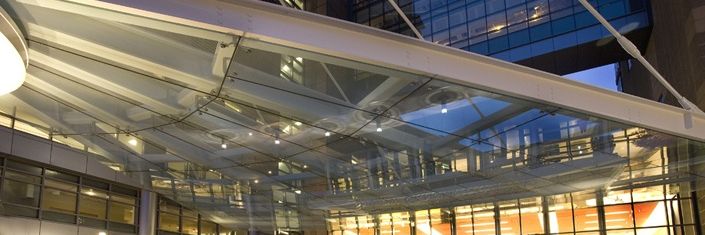Business Manager: Sean W. Daly
Eleven governors from PJM Interconnection member states are demanding greater control over grid operations as data center expansion drives capacity auction costs from $2.2 billion to $16.1 billion in two years. The surge in electricity demand from AI and data centers has caused ratepayer bills to increase substantially, with some threatening to withdraw from the 13-state grid altogether. Source: grist.org
Connecticut Siting Council voted 5-3 to reject United Illuminating's plan to build a high-voltage transmission line through Fairfield and Bridgeport using steel monopoles up to 195 feet high. The decision marks an unexpected victory for local critics who argued the project would be a visual blight, though UI expressed shock at the decision and is exploring legal options. Source: ctmirror.org
Bill Gates calls for a strategic pivot in climate action ahead of COP30, arguing the world should focus on preventing human suffering rather than solely on emissions targets. In his memo "Three Tough Truths About Climate," Gates contends that climate change is serious but won't end civilization, and that health and prosperity are the best defense against climate impacts, sparking debate among climate scientists and activists. Source: gatesnotes.com
Category 5 Hurricane Melissa struck Jamaica causing catastrophic floods and landslides across the Caribbean, killing seven people and underscoring the urgency of the upcoming COP30 climate summit in Brazil. UK Foreign Secretary Yvette Cooper told Cabinet colleagues the hurricane highlighted the importance of the summit for those unable to "pick up their island and move it out of the way of the approaching storm." Source: theecologist.org
Hartford's PeoplesBank Arena officially reopened following a major renovation aimed at transforming the downtown venue into a modern sports and entertainment hub. Upgrades include new seating, premium suites, enhanced rigging capabilities, and improved concourse technology, with Stevie Nicks headlining the first concert on Saturday. Source: hartfordbusiness.com
As COP30 approaches, challenging questions loom about climate finance delivery, adaptation funding, and whether countries can bridge the widening gap between current emissions trajectories and climate targets. Experts warn that without decisive action on financing mechanisms and accountability frameworks, vulnerable nations will continue bearing disproportionate climate impacts while lacking resources for resilience. Source: ft.com
Seven Connecticut technical high schools are slated to receive solar installations through a collaboration with the Connecticut Green Bank, delivering 4.6 megawatts of clean energy and $5.9 million in lifetime cost savings. The projects will include workforce development components offering classroom and onsite education to students, with a groundbreaking event scheduled for October 29 at Howell Cheney Technical High School in Manchester. Source: yahoo.com
Connecticut faces significant uncertainty planning its energy future as the Trump administration eliminates federal tax credits for wind and solar, halts offshore wind development, and issues stop-work orders for projects already under construction. State officials are grappling with how to meet clean energy goals while ensuring grid reliability, with DEEP Commissioner Katie Dykes acknowledging natural gas and oil may need to remain part of the solution longer than planned. Source: ctmirror.org
A federal judge has issued a temporary injunction blocking the Trump administration from proceeding with planned federal workforce layoffs, providing relief to government employees and unions amid ongoing government shutdown concerns.
The AFL-CIO calls for an immediate end to the government shutdown in its Working People Weekly List, highlighting the impact on federal workers, union members, and essential services across the country.
- ‹ previous
- 19 of 178
- next ›





